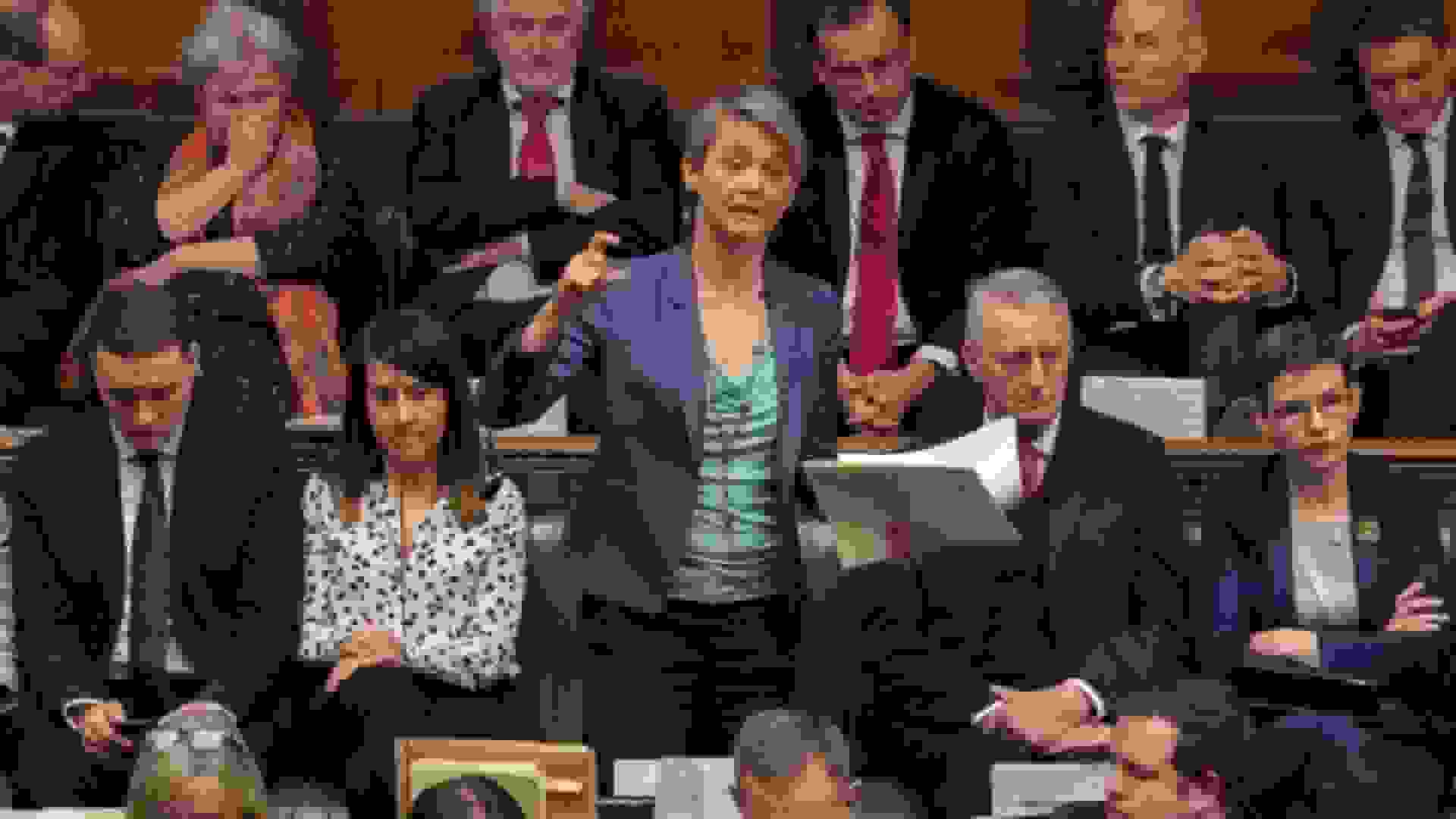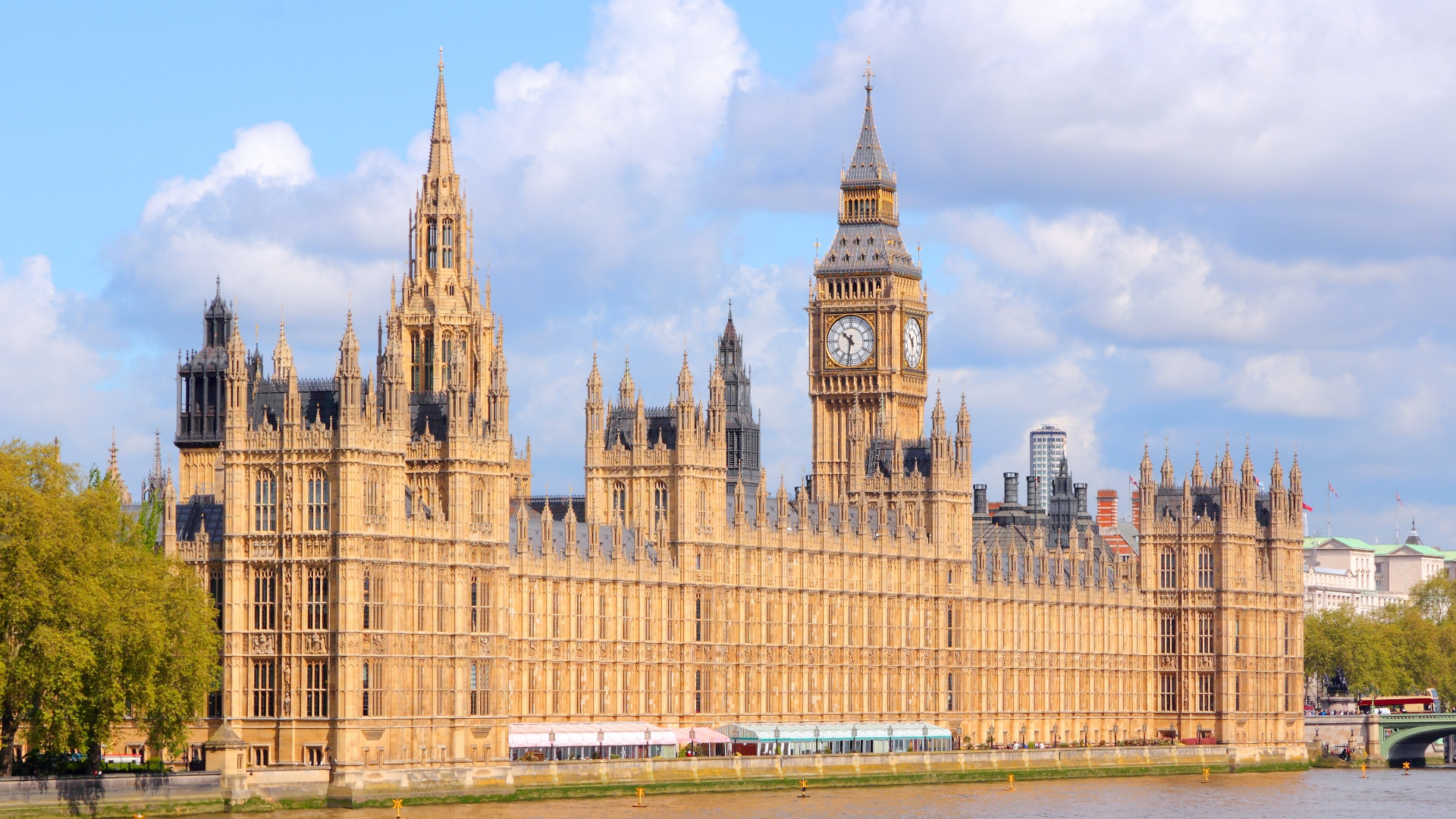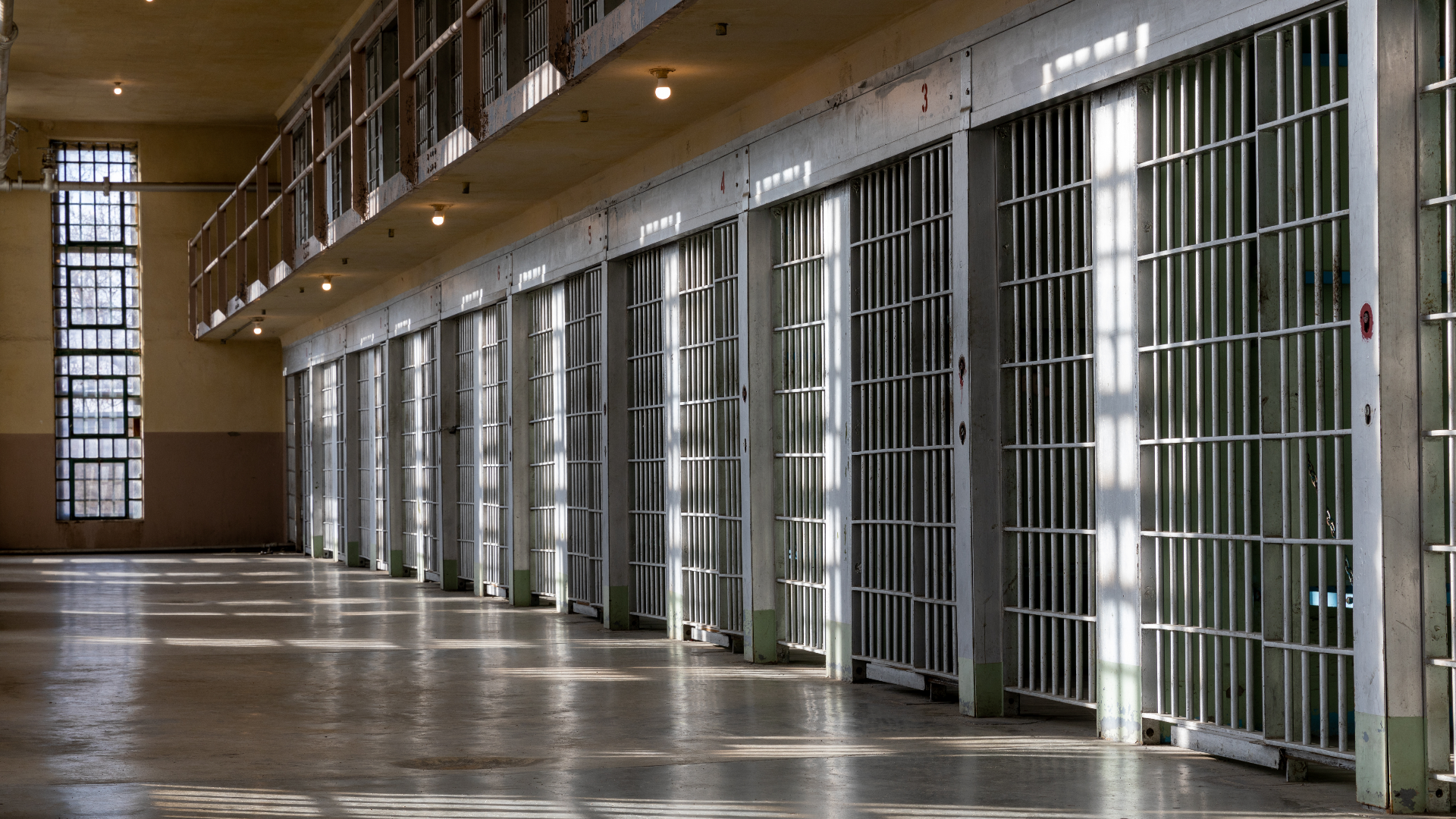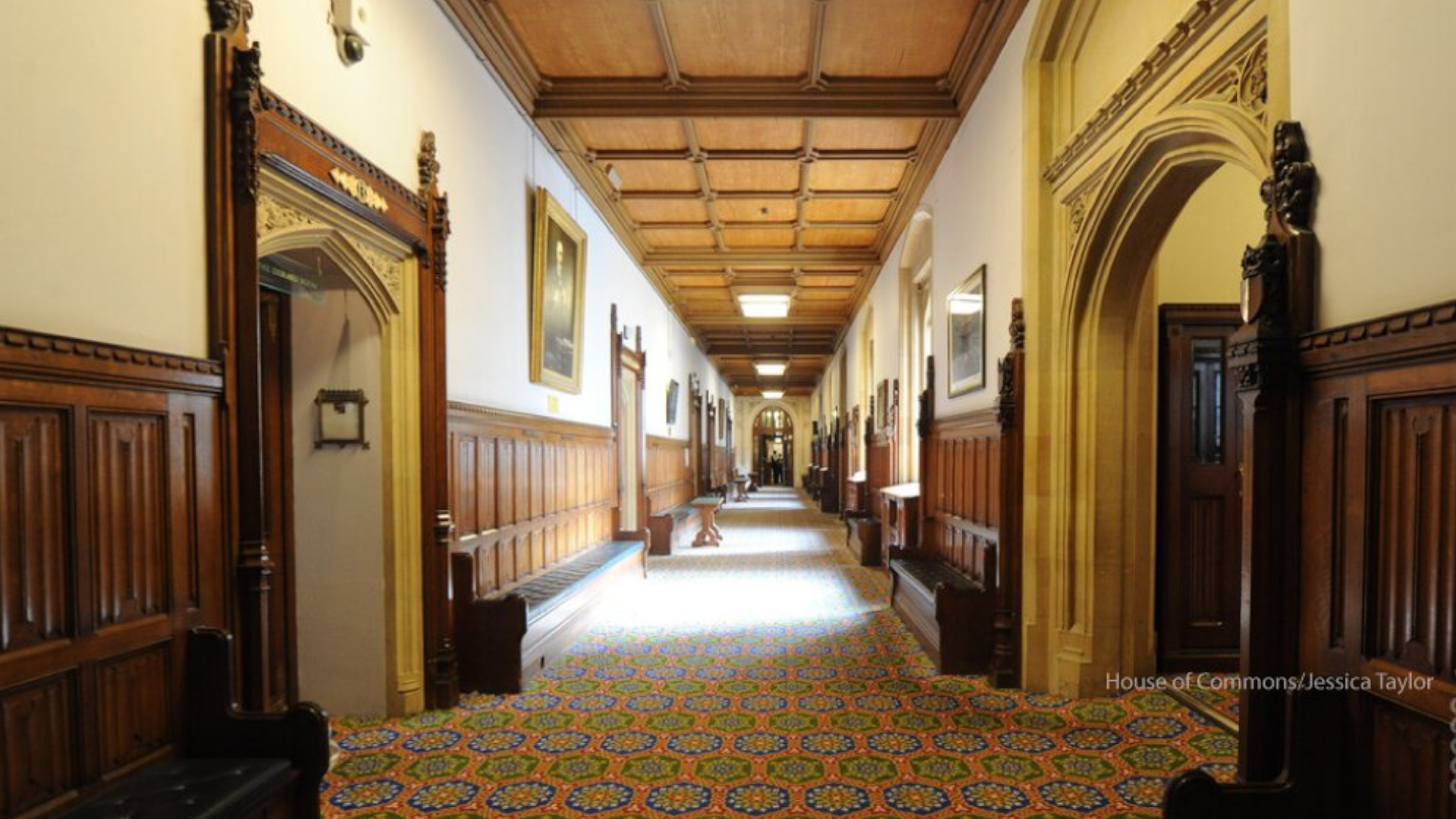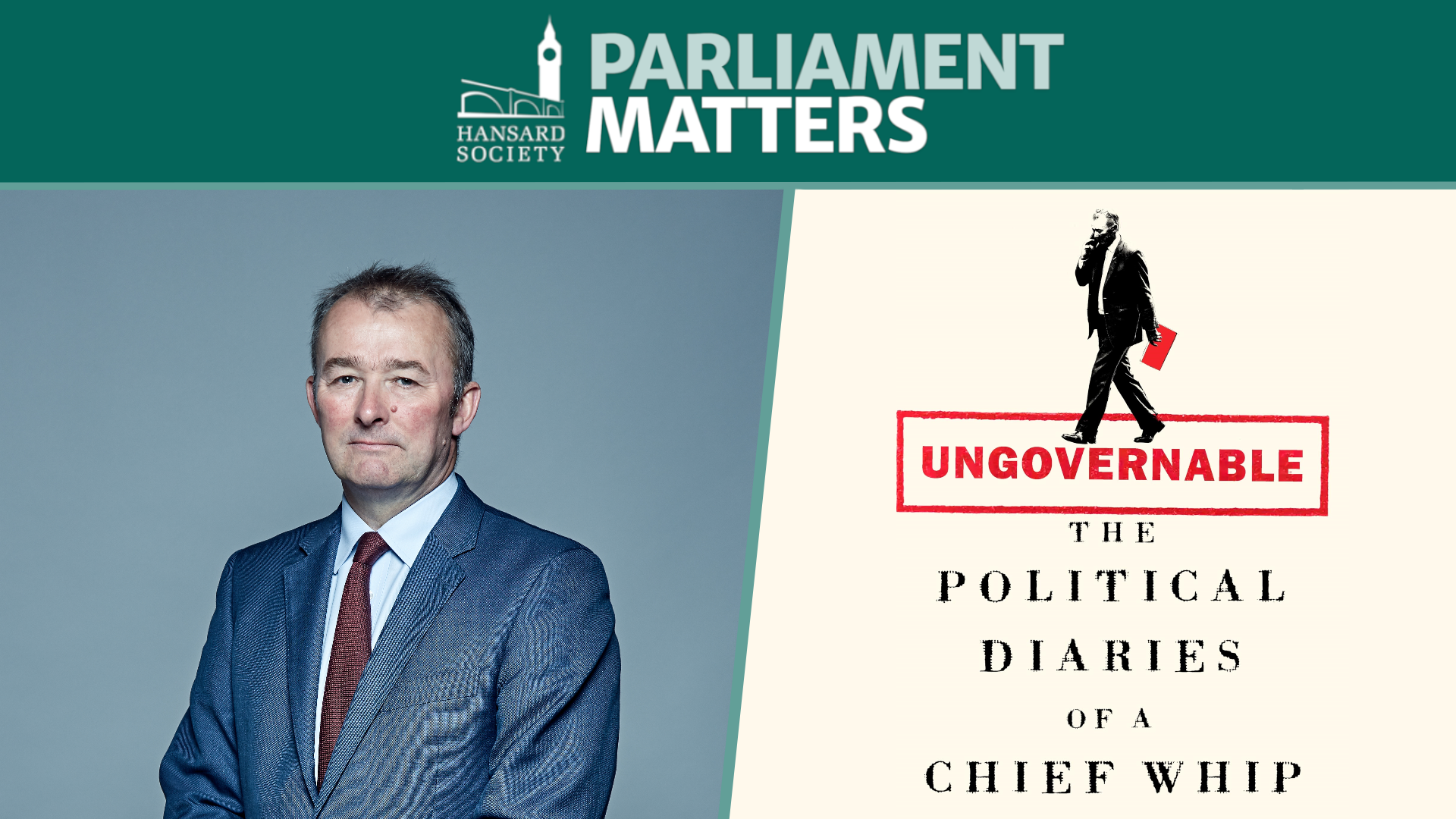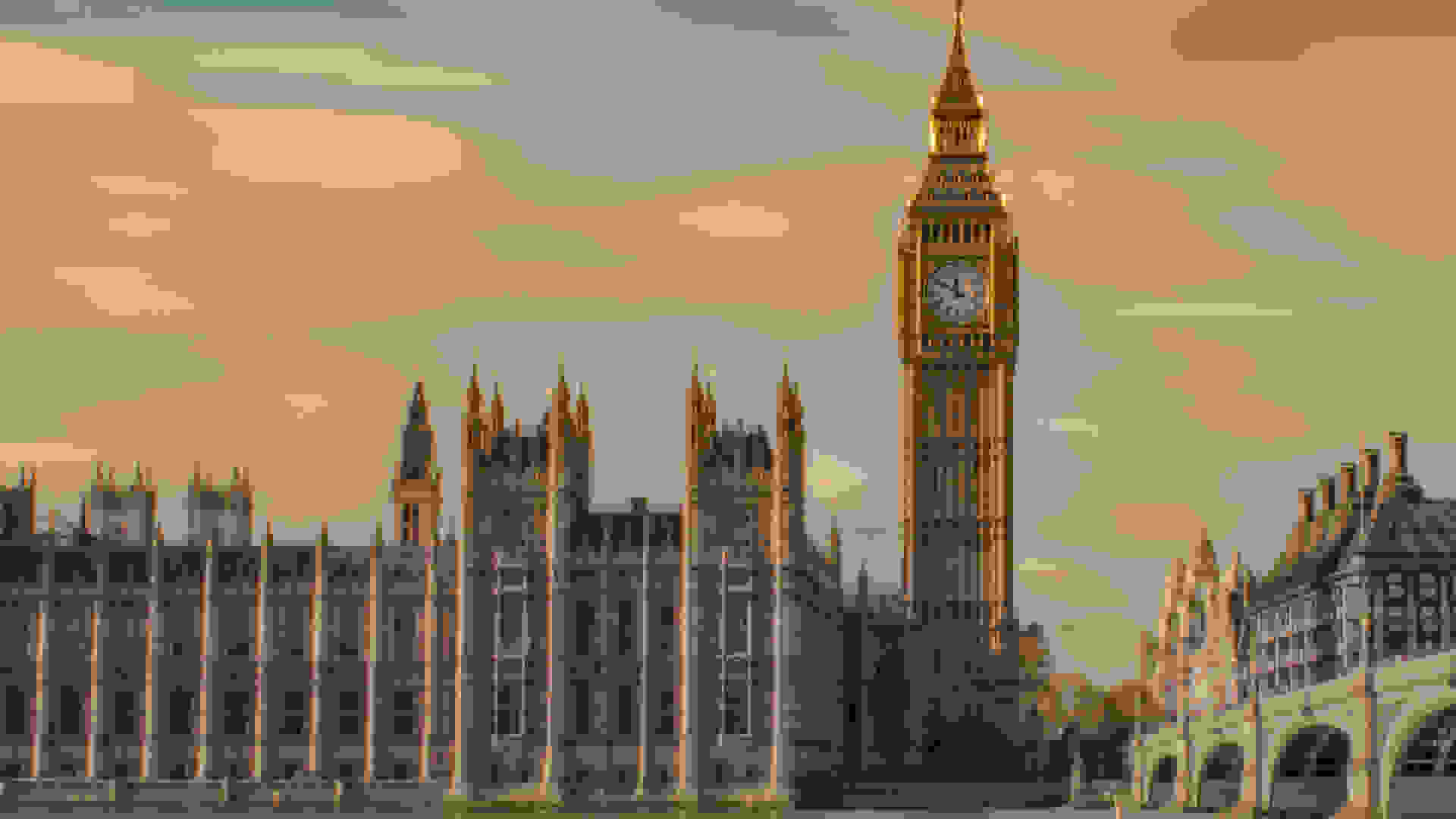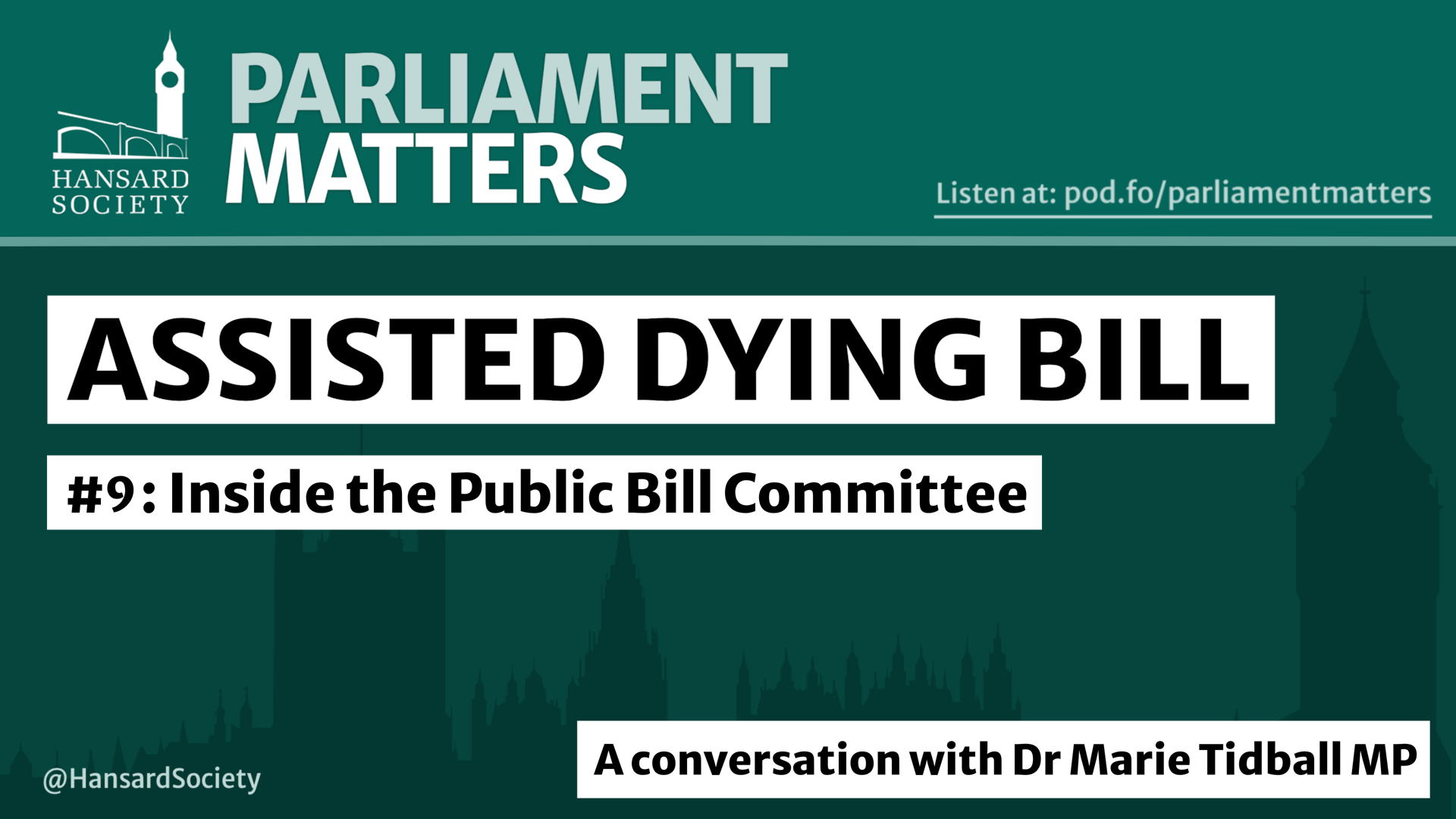Guides / What is a Presentation Bill?
Any MP is permitted under Standing Order No. 57 to introduce a bill of his or her choice, having given prior notice to the Public Bill Office. Presentation Bills are formally 'presented' during a Friday sitting, and only after all the Ballot Bills on the Order Paper have been presented.
